Real Estate transaction are about to become more public. A law passed by New York Legislature aimed at battling issues upstate, now has New York City Condos under scrutiny as well. State Legislature signed a bill into effect in September that requires LLCs to disclose their identity in transaction involving one to four-unit buildings. The goal was to help crackdown on home abandonments in towns in the Hudson Valley by helping identify owners behind LLCs of abandoned homes.
Since Governor Cuomo signed the bill into law on September 13th, it is now being interpreted to include all residential condos in New York. The state Department of Taxation and Finance released guidance on September 27th that specified that residential condos were included in the “one to four family dwelling unit” definition.
What Does this Mean for NYC Real Estate?
Simply put, under current guidance and interpretation, Buyers cannot remain anonymous.
The New York City real estate industry is still looking to uncover the exact implications for our market, however, direction is indicating that the law’s reach is far greater than originally anticipated.
Under current guidance, Buyers would no longer be able to purchase Condos in an LLC to remain anonymous and would have to disclose identity. Disclosures would be subject to Freedom of Information Law (FOIL) requests which can be filed by anyone to find out who owns an LLC. This means journalists and other parties could get names behind LLCs, thus revealing identity to the Press.
This implication has privacy concerns as many wealthy buyers and celebrities in the New York City market purchase in an LLC to protect their identity and privacy. Having to disclose means that this privacy has gone out the door, and parties can now pinpoint the exact address of any buyer.
There is also some concern in regard to implications this could have on real estate development in New York. Most new development projects are under an LLC by the Sponsor. This is sometimes a Real Estate Investment Trust which could have many investors. Developers may simply not want to take on the burden of having to disclose possibly hundreds of names of everyone involved in a particular project.
This new legislative change comes on the heals of the Progressive Mansion Tax which was enacted July 1st, and has had a negative impact on the Luxury market in Manhattan.







